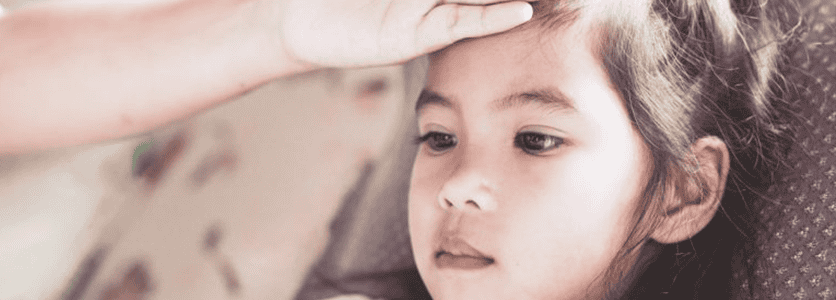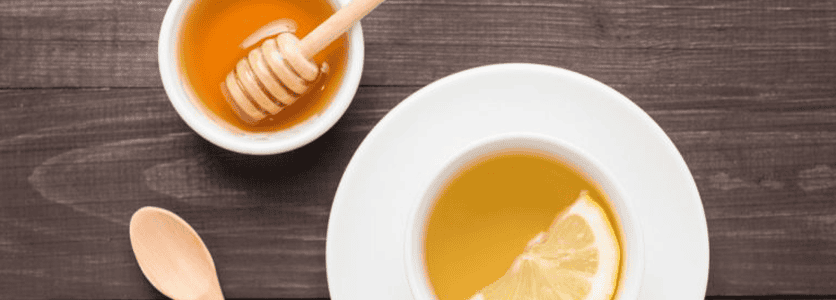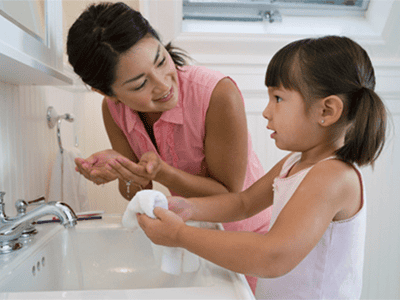分享:
这篇文章对您有帮助吗?
分享:
这篇文章对您有帮助吗?
Are your kids down with the sniffles again? Could it be the flu, allergies, or Respiratory Syncytial Virus (RSV) (a common, extremely contagious respiratory infection)?
While this virus can infect anyone in any age group, infants (and young children) are usually at the highest risk of severe infection, which can unfortunately be potentially life-threatening. Hospitalisation due to RSV infection is higher in children below 2 years old, with up to 85% of infected children in this age group needing to be hospitalised.
RSV infections occur all year round with a strong correlation to the monsoon season, thus peaking around August to January in Malaysia.
Since we are now smack in the middle of a monsoon season, we got Dr. Tan Ru Wei, Consultant Pediatrician of Columbia Asia Hospital in Klang to shed some light on this virus and to help our mamas prevent, detect and treat their little ones if they end up catching this nasty bug.
RSV infection can lead to a wide range of respiratory symptoms, presenting itself as something as mild as a common cold, to a severe respiratory distress syndrome. While parents will be happy to know that most children may only experience mild symptoms, RSV can progress very rapidly into more severe respiratory issues. This can happen especially in premature infants or children with underlying health issues, such as those with heart disease or asthma. Infections in children commonly lead to bronchiolitis or pneumonia.

Presenting symptoms include:
Is RSV different from Influenza A and the common cold?
It is difficult to differentiate between RSV infection, Influenza A infection and common cold simply with its presenting symptoms, as all of these infections are respiratory illnesses with similar symptoms of varying severity.
In general, RSV causes a wide range of respiratory symptoms, while Influenza A typically leads to high fever, body aches, and tiredness. Common cold is usually mild and characterised by a runny nose, sneezing, and a sore throat.
Nasal swab tests are available commercially and can provide accurate diagnosis.

RSV is a viral infection. There are currently no specific antiviral medications (and antibiotics won’t help!). Treatment is mainly to ease symptoms. Here are some things that you can do at home to help your children feel better:
Arrange to see a doctor if there is a high fever, worsening cough, rapid breathing or wheezing, or when your child refuses feeding and has less diaper changes than usual.
Get immediate medical attention if your child is struggling to breathe, when there is bluish discoloration of the lips or fingers, or if your child is very drowsy.

Prevention is better than cure. Some of the preventive strategies include:
This article first appeared in Makchic, 8 December 2023.
分享:
这篇文章对您有帮助吗?
分享:
这篇文章对您有帮助吗?